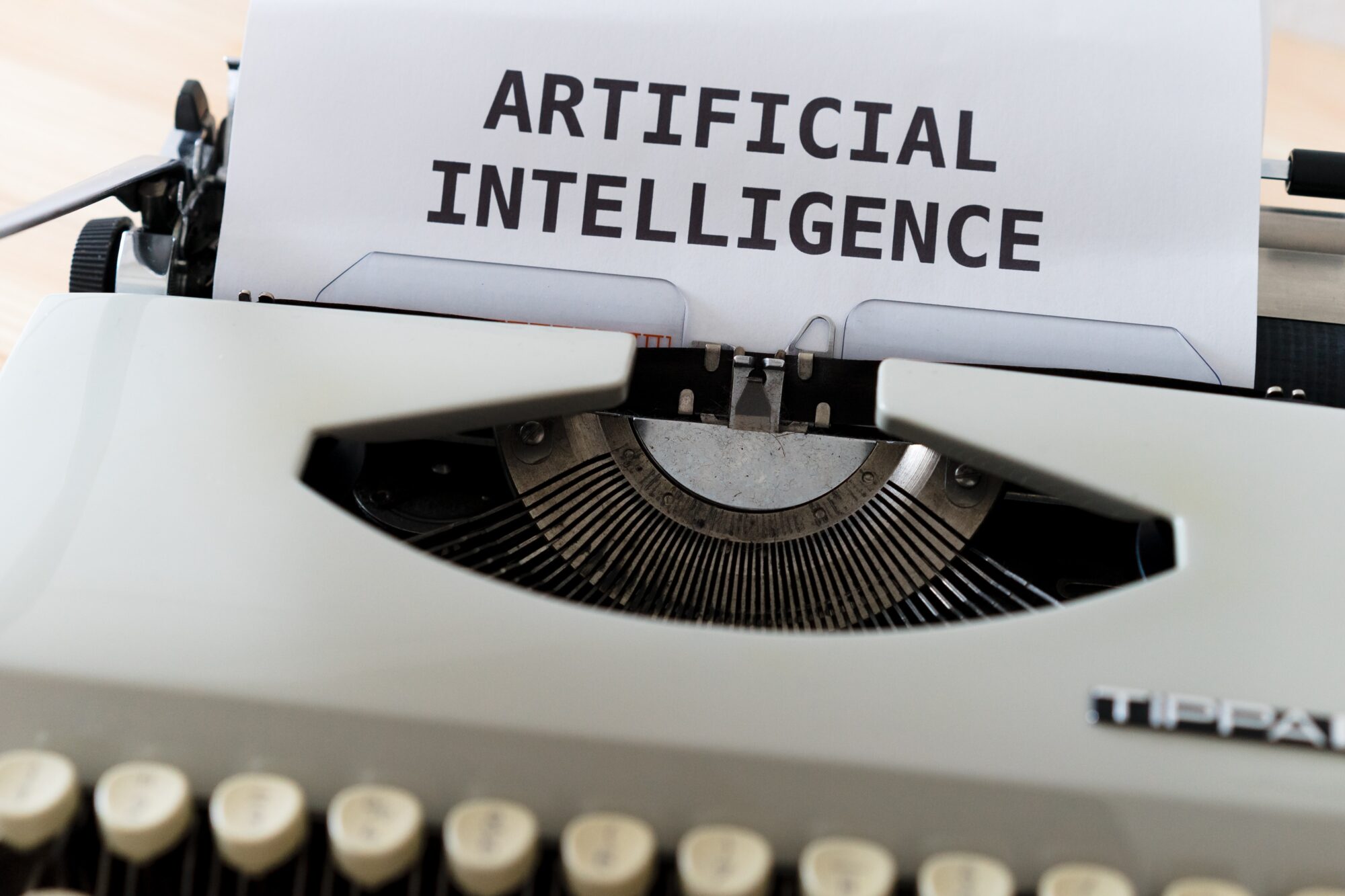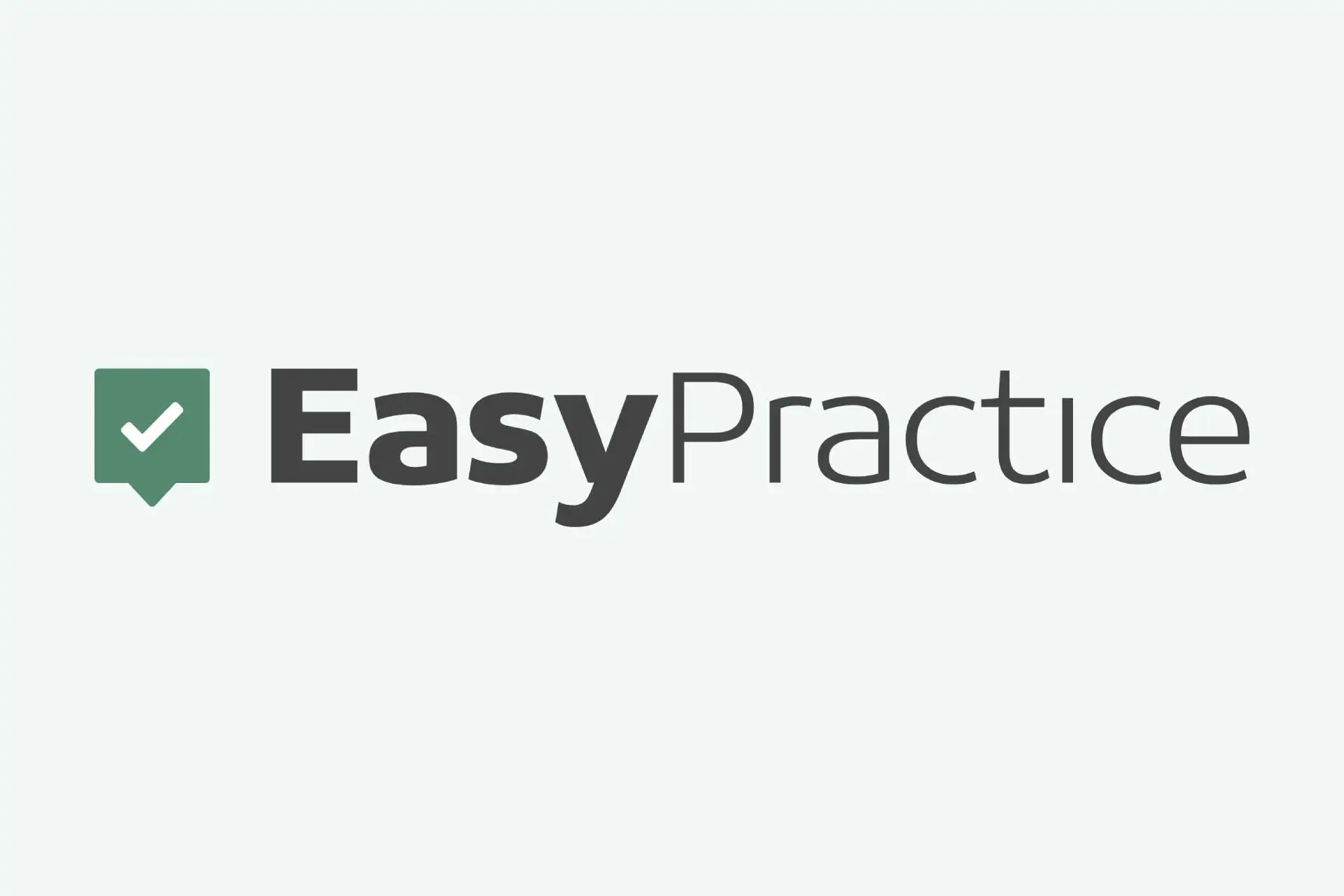‘the answers not only have to be correct, but they also need to adequately fulfill the users’ needs and expectations for a good answer’
Nordheim et al. (2019)
The rapid evolution of artificial intelligence (AI) has taken the world by storm. It is impacting nearly every industry, and mental health is no exception. As the need for mental health services increases, AI-driven chatbots and virtual mental health assistants are becoming increasingly popular. Especially during and after the Covid-19 pandemic, there was an increase in the need of online resources and telehealth. Here could AI Therapy be the solution. These AI-powered technologies have the potential to revolutionize mental healthcare by increasing access. This can help reducing stigma, and providing support for mental health professionals.
However, they also come with their own set of challenges. This can be the lack of human connection, limited understanding of complex emotions, and privacy concerns. This blog post will tell you more about what AI is, and how it works. Further, it will explore the pros and cons of chatbots and virtual mental health assistants in therapy. Shedding the light on the benefits and potential drawbacks they bring to the world of mental healthcare.
What is AI?
AI stands for artificial intelligence. It refers to the development of computer systems or machines that can perform tasks that would require human intelligence. This could for example include learning, reasoning, solving problems, perception or understanding natural language. Recently, they have the possibility to create images. You probably didn’t know, but if you hold an Iphone – Siri is considered to be an AI. This is because it’s designed to help with specific tasks.
How does AI work?
AI functions by utilizing a combination of algorithms, data and computational power to perform tasks that would normally require human intelligence as mentioned above. This can happen from e.g., ML (machine learning)- techniques. In health care, AI processes patient-reported symptoms and provides personalized care and treatment suggestions. As more clients use the service, the AI´s algorithms that calculate the input gat smarter, and give better answers.

The Pros of AI Therapy
1. Increased accessibility and affordability
AI chatbots and virtual mental health assistants offer cost-effective therapy compared to traditional sessions. Traditional therapy and psychologist can be quite expensive, and have long waiting lists. This high cost can act as a barrier for many people, especially those without insurance coverage or those living in lower-income communities. AI-based solutions, on the other hand, can provide access to mental health support at a much lower cost or even for free in some cases, making mental health services more accessible to a broader range of people.
Additionally, AI-based solutions are available 24/7, allowing clients to access support whenever they need it, regardless of their location or time zone. This is particularly beneficial for people living in rural areas, where mental health services may be limited or unavailable. It also provides a valuable resource for those experiencing mental health crises outside of regular business hours when therapists may not be available.
2. Reducing the stigma associated with seeking help
Many people still find it difficult to get help because of the stigma around mental illness. When someone is most in need of help, they may be afraid to ask for it for fear of being judged, shamed, or discriminated against. Anonymity from chatbots and virtual mental health assistants may encourage more people to seek help without embarrassment.
By removing the need for face-to-face interactions, AI-driven therapy solutions offer a non-threatening way for individuals to explore their emotions and seek help without fear of judgment. Enhanced access to mental health resources promotes understanding, empathy, and destigmatization of mental health issues.
3.Supporting mental health professionals
AI-based therapy solutions can serve as valuable tools to support mental health professionals in several ways. Chatbots and virtual assistants provide preliminary evaluations and aid clients with less severe needs. This helps therapists manage workloads effectively and focus on more complex cases. This could be beneficial in the long run to decrease the waiting time for getting help.
Moreover, AI-driven mental health solutions can facilitate data collection and analysis easier, allowing therapists to track their clients’ progress more effectively and make data-driven decisions about treatment plans. This information offers insights into therapy approaches’ effectiveness, valuable for academics and decision-makers. It aids in developing evidence-based mental health policies.
4. Personalized and data-driven treatment
AI-driven mental health solutions can leverage advanced algorithms and machine learning techniques to tailor treatment plans to individual clients, taking into account their unique needs, preferences, and circumstances. By analyzing user data, chatbots and virtual assistants can identify patterns, triggers, and coping strategies that may be particularly effective for each individual.
This personalized approach to therapy can help clients feel more understood and supported, leading to better engagement with the treatment process and potentially improved outcomes. Additionally, the use of data-driven insights can enable therapists to track clients’ progress over time and make adjustments to treatment plans as needed, ensuring that clients receive the most effective care possible.
5. Immediate feedback and reinforcement with AI Therapy
One of the key features of AI-driven therapy solutions is their ability to provide real-time feedback and reinforcement to clients. This can be especially helpful for people trying to change unhealthy thought habits or learn new coping mechanisms. Chatboat and virtual assistant, for instance, can assist clients in practicing cognitive restructuring techniques by providing quick feedback on their thought patterns and recommending different, more suited viewpoints.
Clients can practice and receive immediate feedback, rather than waiting for their next therapy session. This quick reinforcement supports skill consolidation and lasting change. Also, having access to support all the time can provide consumers a feeling of security and confidence because they know that assistance is always only a few clicks away.

The Cons of AI Therapy
1. Lack of human connection
AI chatbots and other virtual assistants, despite their advanced programming, cannot replace the real human connection that is a key component of conventional therapy .While AI-driven solutions may find it difficult to establish a safe environment for clients to open up and explore their feelings, human therapists´ emotional intelligence and empathy can be vital.
The therapeutic relationship between a client and therapist is often seen as one of the most critical factors in successful therapy. This relationship is built on trust, understanding, and rapport – elements that can be difficult for AI-driven solutions to replicate. As a consequence, some clients may find it challenging to connect with chatbots and virtual assistants on a deeper emotional level. This can limit the effectiveness of these tools in addressing more complex or sensitive issues.
2. Limited understanding of complex emotions
The ability of AI and virtual assistants have advanced significantly in recent years, it still has some limitations in understanding and reacting to complex human emotions. AI-driven therapy solutions may be poorly equipped to handle more nuanced or severe cases, potentially misinterpreting or overlooking critical emotional cues that a human therapist would be able to identify and address.
For instance, a chatbot can find it difficult to distinguish between sadness and grief or may not pick up on the underlying emotions behind a client´s seemingly neutral statements. It may be difficult or counterproductive for clients looking for sincere support and understanding if their replies are poor or unsuitable due to this limited knowledge of complex emotions.
3. Privacy and data security concerns
As with any technology that collects and stores personal data, there are legitimate concerns about GDPR, privacy and data security when it comes to AI-driven mental health solutions. Klients need to be aware of the potential risks and ensure that the platforms they use have robust privacy policies and data protection measures in place. When storing data somewhere in the digital world, there are concerns about potential data hacks and the possibility of privacy breaches.
Therapy sessions risk exposure to hackers, data breaches, or unauthorized access. Such incidents can significantly impact users’ wellbeing and privacy. Also, there can be issues with how data is utilized by businesses creating AI-driven therapy solutions, such as if it is sold to outside parties or used for specialized advertising.
4. Over-reliance on technology
While there are many advantages to AI-driven therapy solutions, there is a chance that an excessive dependence on technology could result in a decline in the quantity or quality of human-led therapy services. Funding and resources for traditional therapy services may be diverted as more people use chatbots and virtual assistants for mental health help, which could limit access to real therapists for those who need it the most.
Furthermore, placing too much emphasis on technological fixes could result in the weakening of the human connection and empathy comprehension that are so essential to effective therapy. Striking a balance between utilizing cutting-edge technologies and preserving the important human connection that is at the core of effective mental healthcare is crucial.
5. Ethical considerations regarding AI Therapy
AI-driven therapy solutions present ethical issues, including algorithmic bias and consequences of AI-generated diagnoses. Liability and responsibility for therapeutic outcomes are also further concerns. For instance, AI systems may unintentionally reinforce current biases and stereotypes, resulting in suggestions for potentially hazardous treatments or incorrect interpretations of clients’ emotional states. These ethical issues must be addressed, and developers of AI-driven solutions must aim to create impartial and fair algorithms.
AI-generated diagnoses raise concerns about accuracy and reliability. Klients may face repercussions from false or misleading evaluations.To preserve consumers’ confidence in these tools and avoid potential harm, it will be crucial to ensure the precision and clinical applicability of AI-generated diagnoses.
Finally, the issue of responsibility for therapeutic results when utilizing AI-driven therapy solutions in the last one. In conventional therapy settings, therapists are liable for the development and welfare of their patients. Yet, the boundaries of responsibility may become hazy when utilizing AI-based tools, creating questions regarding liability and accountability in the event of negative outcome or malpractice.

Conclusion on AI Therapy
The emergence of AI in treatment offers the mental health industry both exciting potential and difficult obstacles. Chatbots and virtual mental health assistants can make mental health professionals more accessible, affordable, and supportive while lowering the stigma attached to asking for help. Yet, there are also several important disadvantages to take into account, like the lack of human connection, the inability to fully comprehend complicated emotions, privacy concerns, an excessive reliance on technology, and ethical issues.
It will be critical for the mental health community to achieve a balance between embracing these cutting-edge technologies and keeping the crucial human touch that is the core of good therapy as AI technology continues to improve. We can use AI to enhance mental healthcare while keeping the critical components of empathy, understanding, and human connection by addressing the potential downsides and ethical problems related to AI driven therapy solutions.
——————————————————————————————————–
Please do not hesitate to email us at [email protected] if you have any questions or require assistance with anything. We anticipate hearing from you.
Visit our Help Centre for thorough explanations if you already have an account here. Check out our other Blog posts for intriguing tips and articles if you’re not sure how some things function.

 alt EasyPractice logo
alt EasyPractice logo alt tab and computer
alt tab and computer alt Online scheduling
alt Online scheduling